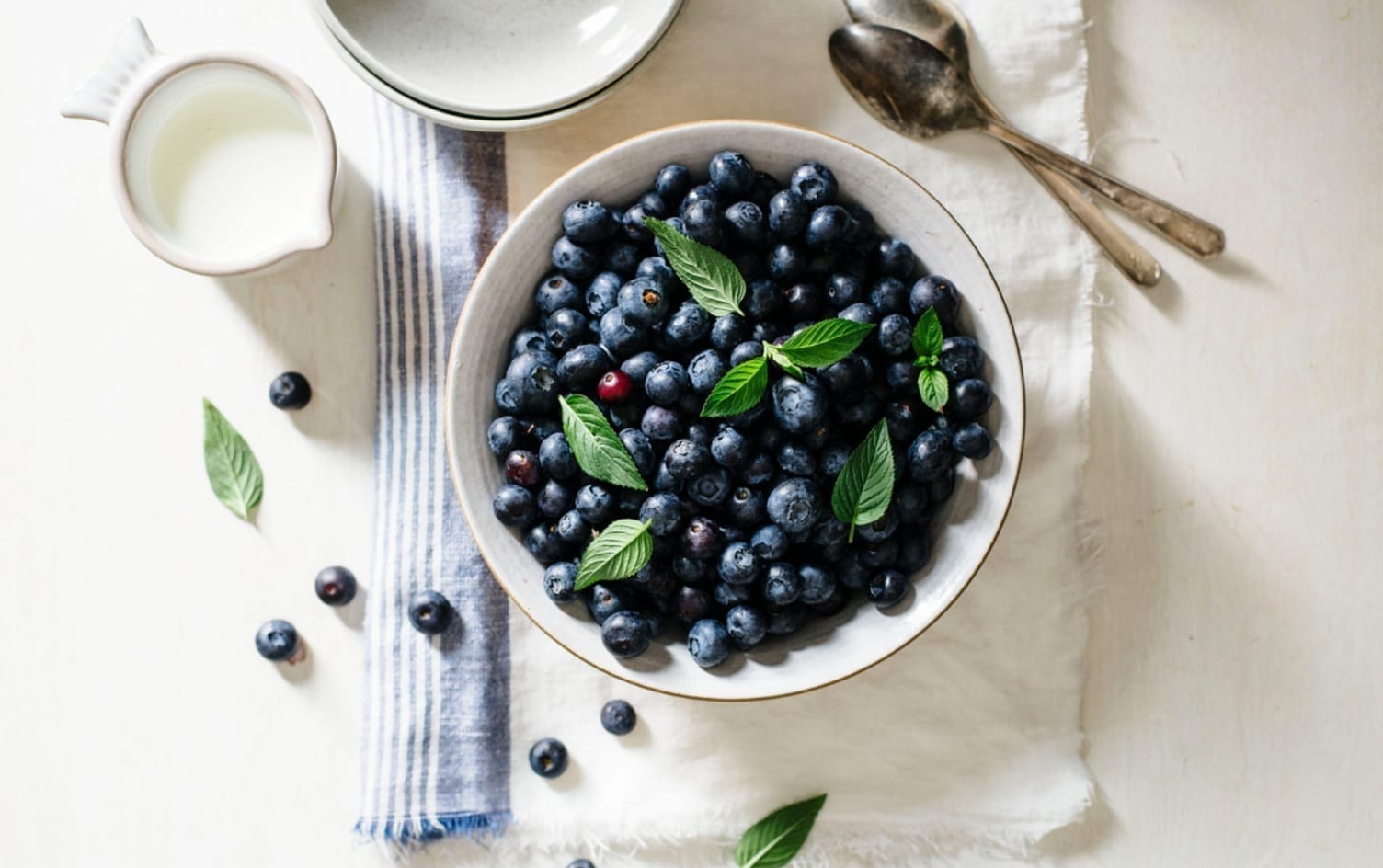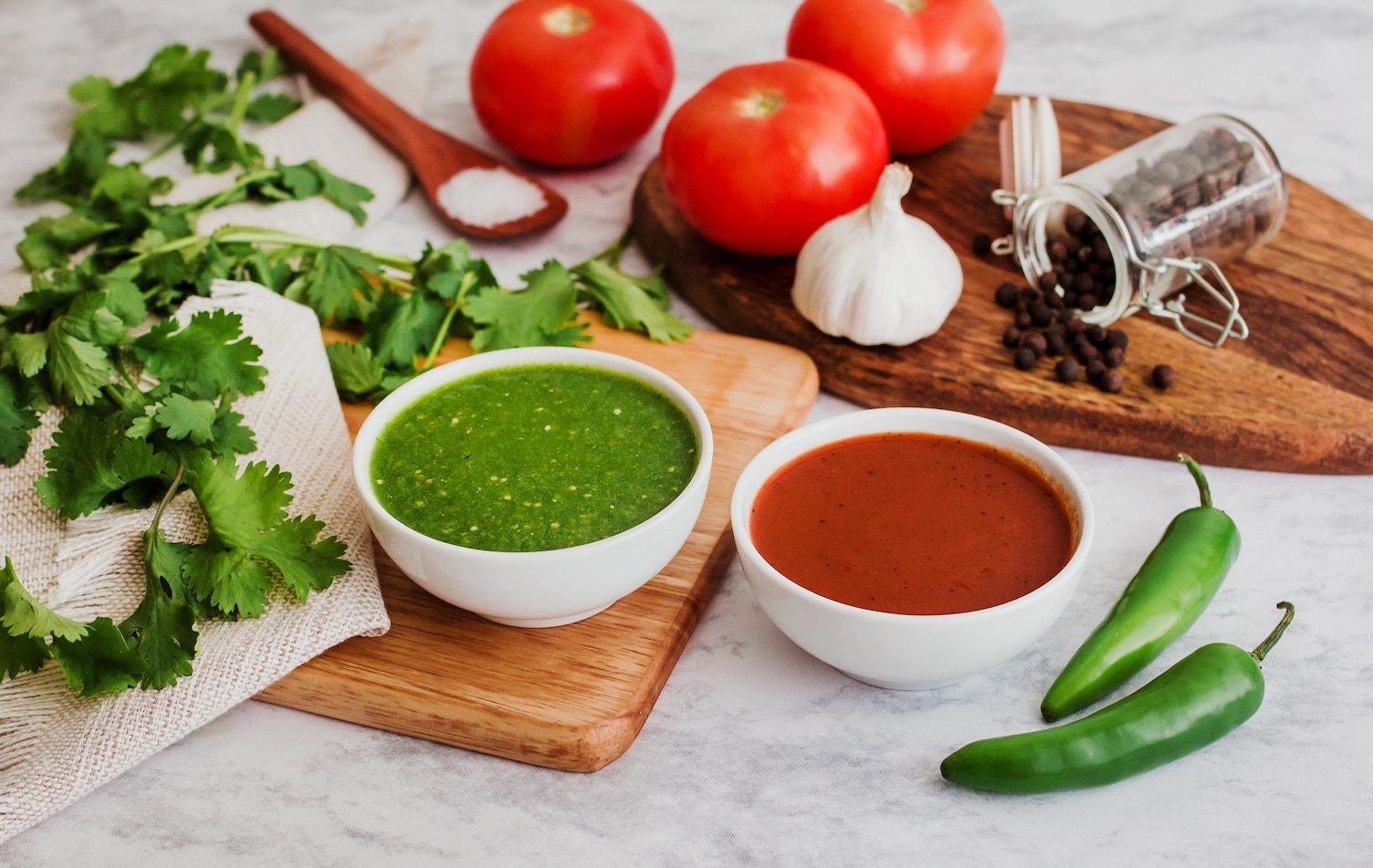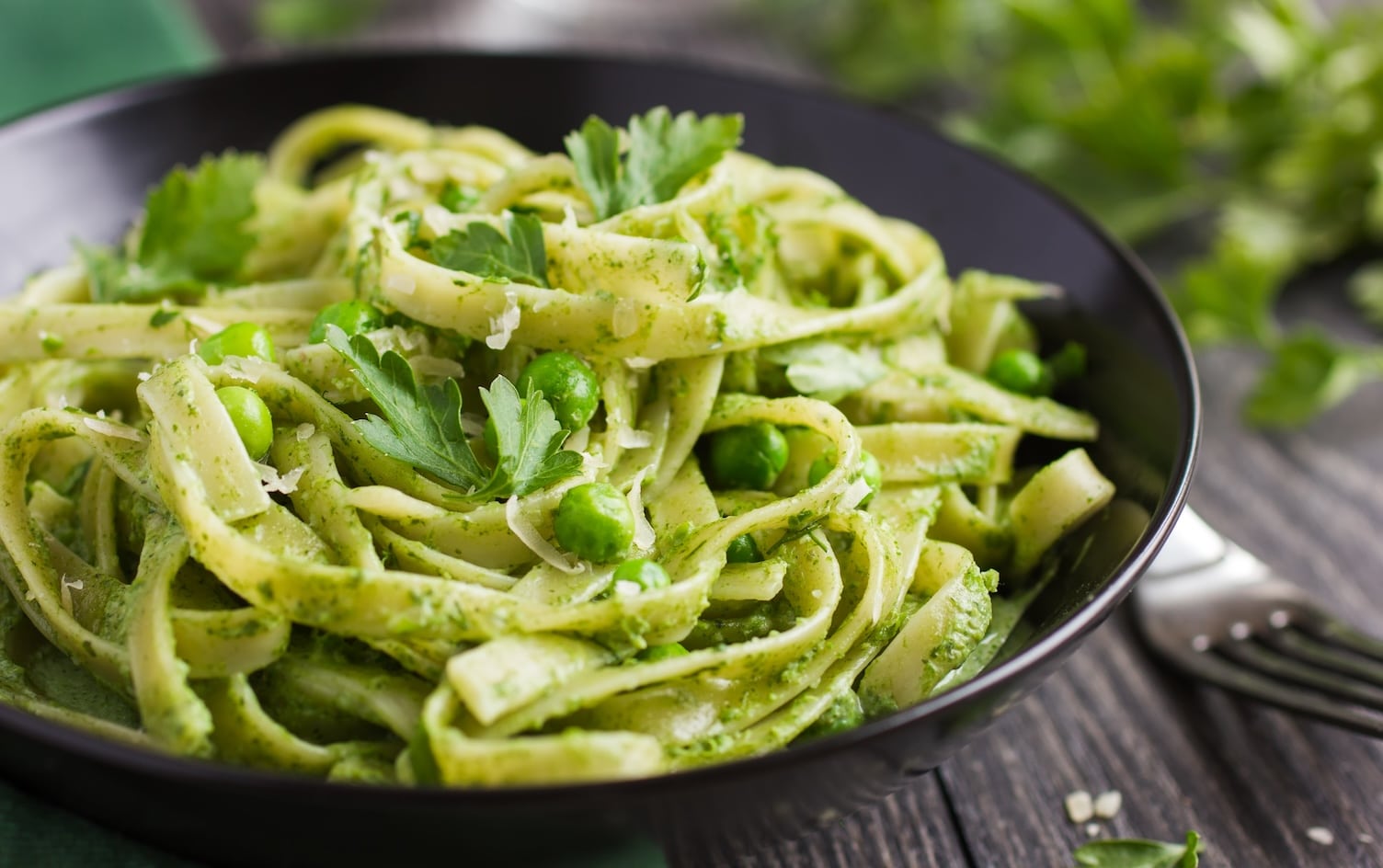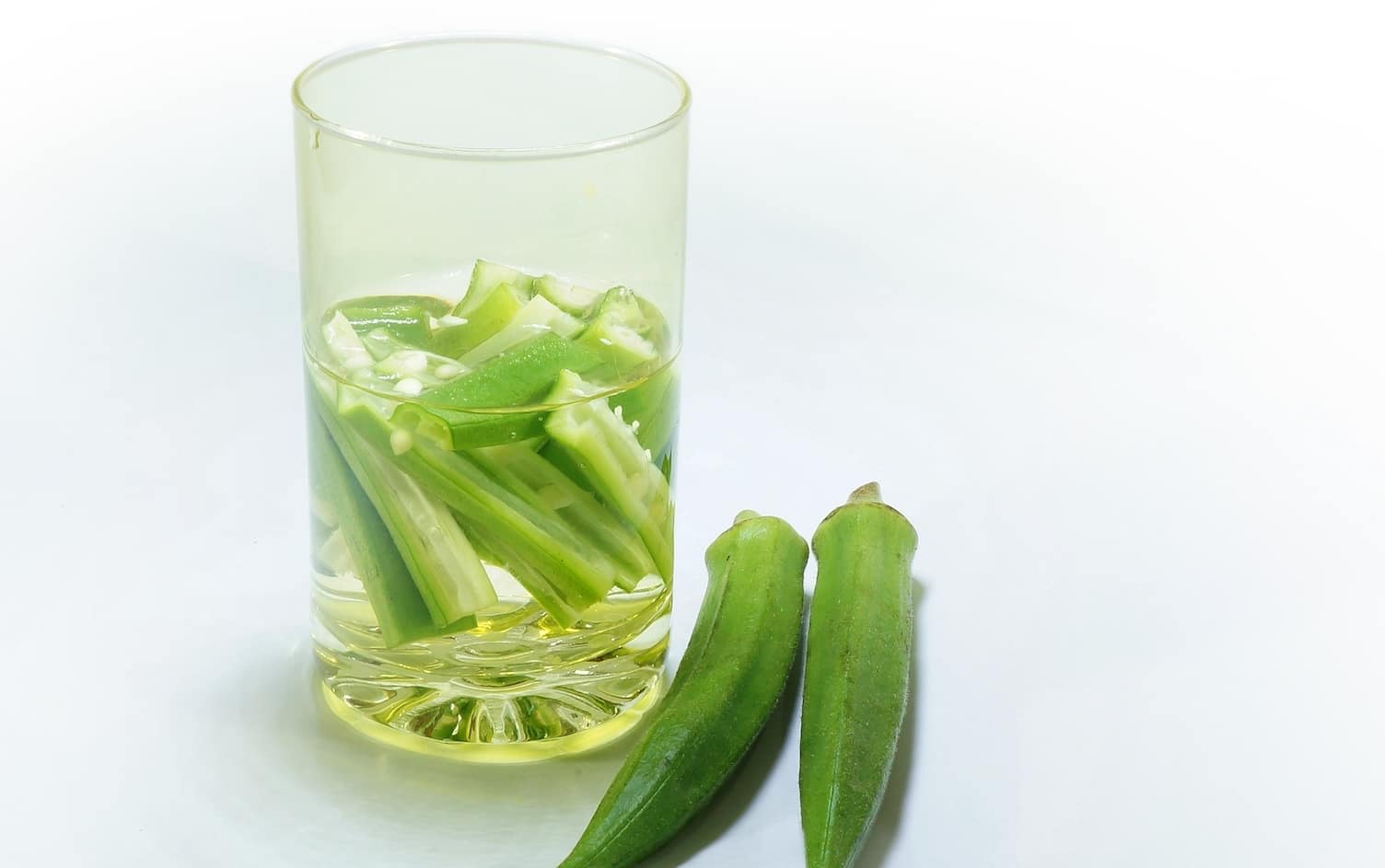Each serving of grapefruit, apples, strawberries, kale and broccoli — as well as chocolate and maybe even an occasional glass of red wine — could help reduce your risk of cancer and cardiovascular disease. Fruits and vegetables are good sources of flavonoids. These abundant phytonutrients are believed to contain disease-fighting compounds that have been linked to lower risks of cancer and heart disease — and now may help curb obesity.
New research published in the journal Nature followed 56,048 participants for more than two decades and found eating more than 500 grams of flavonoids per day was associated with fewer deaths from cancer and heart disease.
Registered dietitian Vandana Sheth, a certified diabetes educator and spokesperson for the Academy of Nutrition and Dietetics, suggests eating 1/2 cup of blueberries at breakfast (200 milligrams of flavonoids), an apple at lunch (200 milligrams) and drinking one 8-ounce cup of green tea with dinner (300 milligrams) to hit the recommended daily target.
“It’s best to choose a variety of foods throughout the day and ensure at least one flavonoid-rich food per meal to bump up our flavonoid intake from foods,” she says. “My recommendation is always food first [but] if you’re unable to incorporate a variety of these foods in adequate amounts, a supplement would help bridge the gap.”
FLAVONOIDS, INFLAMMATION AND CHRONIC DISEASE
“Underlying inflammation and oxidative stress can increase our risk of heart disease and cancer,” says Nicola Bondonno, PhD, lead researcher and post-doctoral research fellow in the School of Medical and Health Sciences at Edith Cowan University in Australia. “Flavonoid compounds have been shown to reduce levels of inflammation and oxidative stress and we think that might be why people who have a diet rich in these flavonoid compounds have a lower risk of heart disease and cancer.”
Additional studies have found flavonoids may offer increased protection for those who are overweight or obese. Recent research, for example, reported that doses of flavonoids between 300–600 milligrams per kilogram of weight inhibited mammary tumor growth in mice, leading researchers to posit that flavonoids had the potential to reduce obesity-linked cancers such as breast cancer.
Bondonno’s research did not report these associations; she believes the gut microbiome might be to blame. “The gut microbiome plays a critical role in the metabolism of flavonoid compounds, and is reported to be different between obese and non-obese individuals,” she says. “Circulating levels of flavonoid metabolites may differ between obese and non-obese individuals and may explain the observed different association between flavonoid intake and heart disease and cancer.”
In addition to reducing the risk of cancer and cardiovascular disease, a study published in the Journal of Lipid Research found flavonoids also appeared to improve glucose metabolism and influence insulin resistance in animal models, which could help combat weight gain and obesity.
FLAVONOIDS IMPACT ON OBESITY
Study co-author Murray Huff, PhD, a professor of medicine and biochemistry at the University of Western Ontario, notes that similar research has found flavonoids have “positive-to-moderate” impact on obesity.
Adults with the highest flavonoid intake had the lowest body mass indexes and waist circumferences, according to 2017 research and a study published in The BMJ, which showed increasing flavonoid intake helped adults maintain weight loss over a 25-year period.
Huff warns that flavonoid-rich foods like citrus fruits, leafy green vegetables, red wine, tea and dark chocolate are an important part of a healthy diet and may contribute to weight loss, increasing your intake might not provide the same protection reported in studies.
Your body rapidly metabolizes flavonoids. Huff estimates a mere 3–6% of the compounds are absorbed into the tissues; the rest is excreted. Supplements provide higher doses than foods, which can help overcome poor bioavailability, but eating foods that are high in flavonoids should still be a priority. “These studies are often done with pharmacological doses, not as a component of diet,” he explains. “It’s difficult, if not impossible, to get those concentrations from eating flavonoid-rich foods.”
THE BOTTOM LINE
It’s pretty much always a good idea to add more fruits and vegetables to your diet. “The same foods that contain a lot of flavonoids also tend to be low in fat, high in fiber, low in simple sugars and rich in minerals and other nutrients,” Huff says. “There is no harm in eating flavonoid-rich foods in the hopes of protection against metabolic syndrome, cancer and heart disease.”




